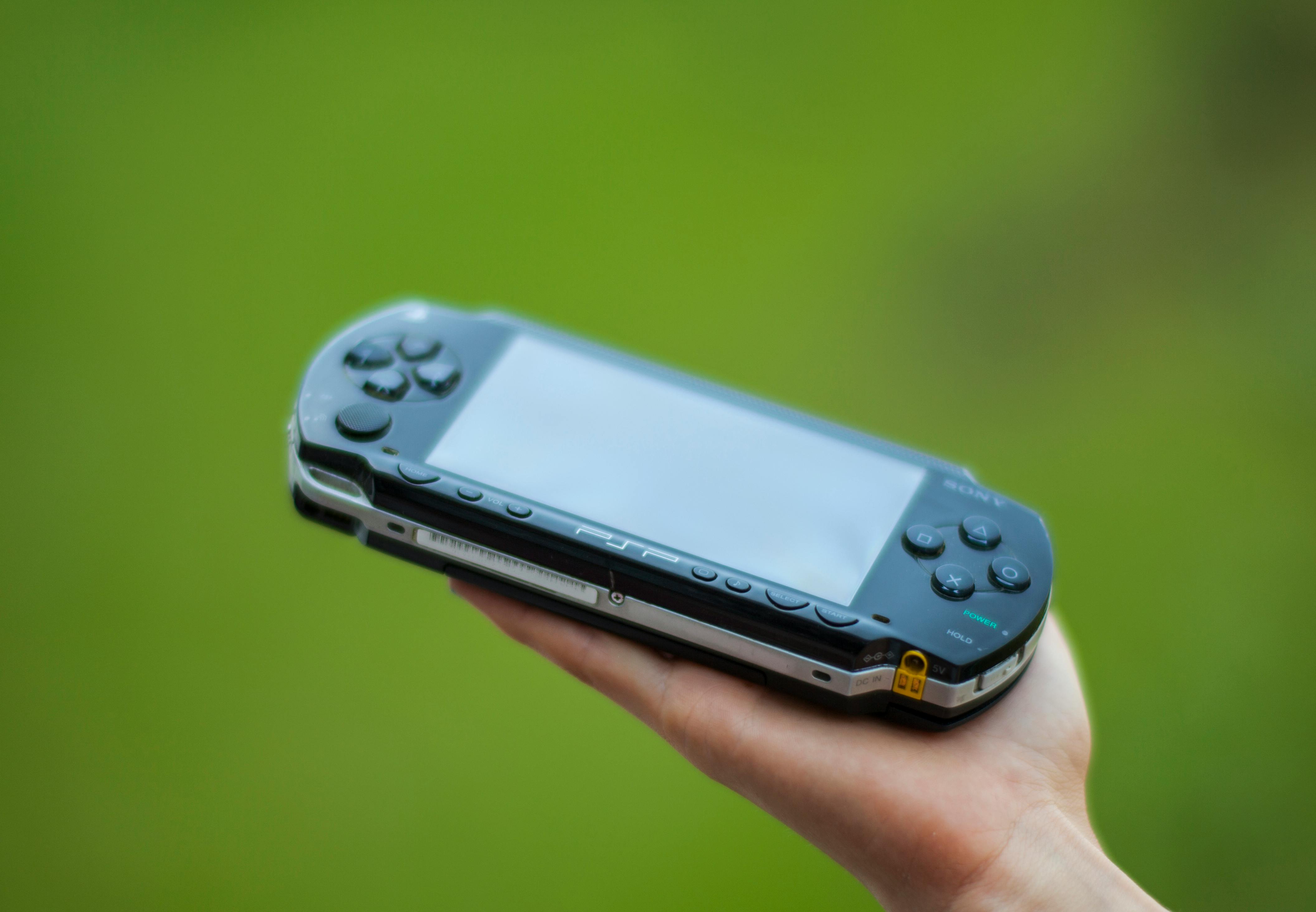Circa 1980’s now imagine the only lonely sex shop in my small hometown. The whole experience of walking in, receiving my gag gift, and leaving without being noticed by passersby on the street was a terribly embarrassing experience for a 19-year-old.
The sex shops of yesteryear have proven their reputation for being dingy and dirty. With its frosted glass windows hiding a dark and smelly interior filled with plenty of hardcore porn. The sleazy men who entered had questionable reputations. No woman with an ounce of self-esteem would allow herself to be trapped in such an establishment.
However, you may have noticed that the weather has changed. Slowly, forward-thinking store owners have realized where the buying power is and have been creating a new niche market: women’s sex goods stores.
The first to open its doors was Eve’s Garden in New York, founded in 1974 by women’s rights activist Dell Williams. According to the Eve’s Garden website, Williams was so embarrassed walking into a department store and buying a handheld vibrator that it spurred her to fight for women’s sexual rights.
Then, in 1977, across the coast from San Francisco, feminist Joani Blank was dismayed by the lack of resources for women seeking accurate sexual information and quality sex toys. She opened Good Vibes.
The challenge in the smaller towns was that women like to huddle together, discuss and get positive reinforcement when they try something new. The old retail model is skewed toward men, who don’t mind walking into a sex shop alone. And the women didn’t bite.
The woman’s solution? Her friends in the living room of her house would get together to buy sex toys at house parties. Sex toy parties are similar to Tupperware parties, except they sell all kinds of sex toys and paraphernalia.
However, after a few years of seeing sales skyrocket with house parties, the sex toy industry realized that women were the main buyers of items. In the last five to ten years, every major city has seen a new retail model that has built stores exclusively around women’s preferences.
A colleague of mine, John Ince, author of The Politics of Lust, owns and operates The Art of Loving in downtown Vancouver. His shop is what he would definitely classify as the new wave in sex shops.
The first time I walked into Ince’s store, it was a totally different experience than the shoddy store of yesteryear. It has the look and feel of an art gallery with open ceilings, large sunlit windows, hardwood floors, plants, and comfortable leather capes. Immediately after walking through the main entrance, I saw an area displaying tasteful erotic art.
Up the stairs to the right were shelves of sex-positive books. On the left side, sex toy products were displayed, which customers could pick up and review. With each product, there was a description of how to use it, as well as a troubleshooting guide for any health issues customers might have. The staff was relaxed and ready to answer any questions without judgment.
I talked to Ince about his business and his clientele. He said that 70% of his clients are women, with an average age between 28 and 45 years. John believes that people from all economic backgrounds visit his store and spend an average of $40 to $60 per visit. Women tend to buy smaller items, and as they get more comfortable, move on to more expensive items, like The Rabbit (made famous by Charlotte in Sex and the City).
Education is a high mandate for Ince, and his store gives 60 to 70 sexuality seminars a year. Obviously, the more educated a woman is about her sexuality, the more comfortable she will feel and, consequently, the more likely she is to purchase sex toys.
If you’re still not sure sex shops are for you, let’s see what others are up to. Durex Condom’s 2003 Global Sex Survey cited the percentage of Americans who use vibrators to improve their sex life at 49%. The Babes in Toyland website lists the number of vibrators sold when they first opened in 1993 as 500; in 2004, the number increased to 83,250.
However, with all this progress from sex shops that really aren’t that sleazy anymore, most of the sex toy sales are still online. I guess people appreciate the anonymity, the non-stigma associated with brown paper packaging.
In closing, the Good Vibrations website states, “We look forward to the day when talking about sex, buying sex toys, and teaching our kids about sex become so easy, so comfortable, and so commonplace that we take it for granted.” Amen.
Isn’t it about time you went out and visited your local sex store?
